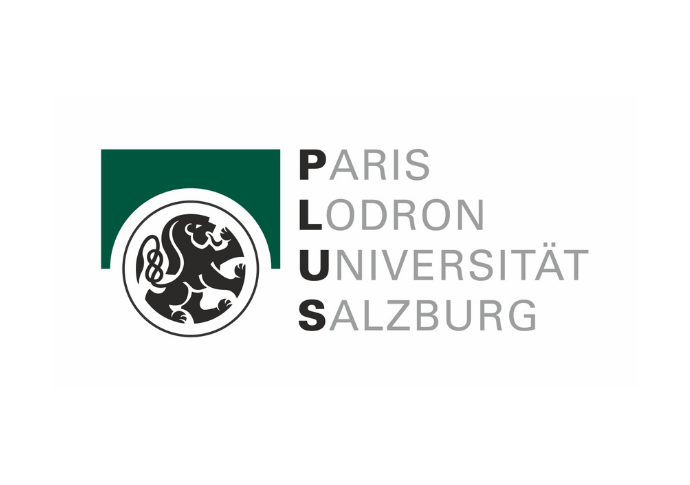Lodron Universität Salzburg
Paris Lodron University Salzburg (PLUS) is the largest educational institution in Salzburg with almost 18,000 students and around 2,900 employees in research, teaching and administration. The University is an integral part of both cultural and economic life, and is a meeting point for teachers and students, academia and the local community. The name of our university reflects its founding by Prince Archbishop Paris Lodron in 1622. Since its re-establishment in 1962, the University of Salzburg has become a modern and vibrant university.
Many of the University’s facilities are housed in some architecturally breath-taking buildings in Salzburg’s city centre. The Faculty of Natural Sciences in Freisaal and UNIPARK in Nonntal make up the modern university campus. Further locations include those in Itzling and Rif, as well as further afield in Linz, Krems and Vienna.
The University of Salzburg offers a wide spectrum of educational opportunities. Students can choose from 30 different degree programmes. They are divided into Bachelor’s, Master’s, PhD and diploma programmes. Students are free to choose their own focus areas and can add supplementary courses in various disciplines. In addition, the University of Salzburg offers numerous part-time University Programmes for Further Education, some of which are run together with other educational institutions.

